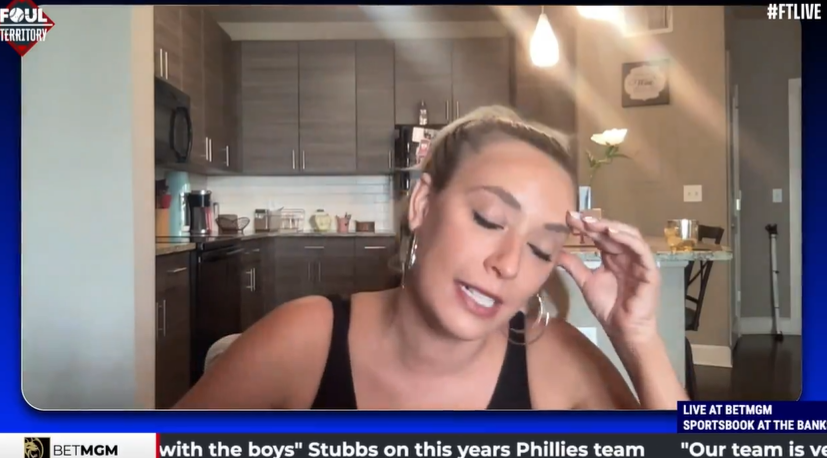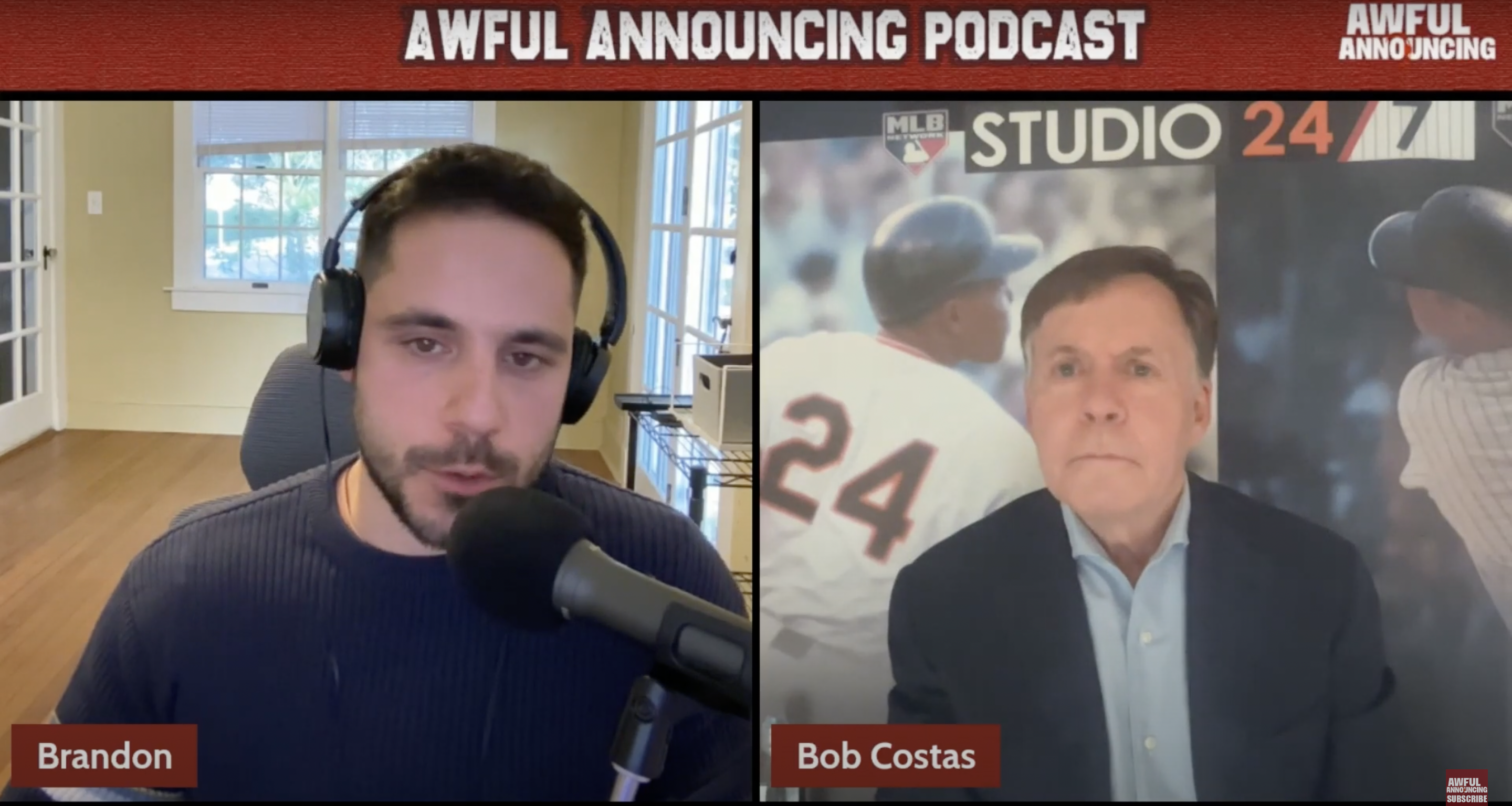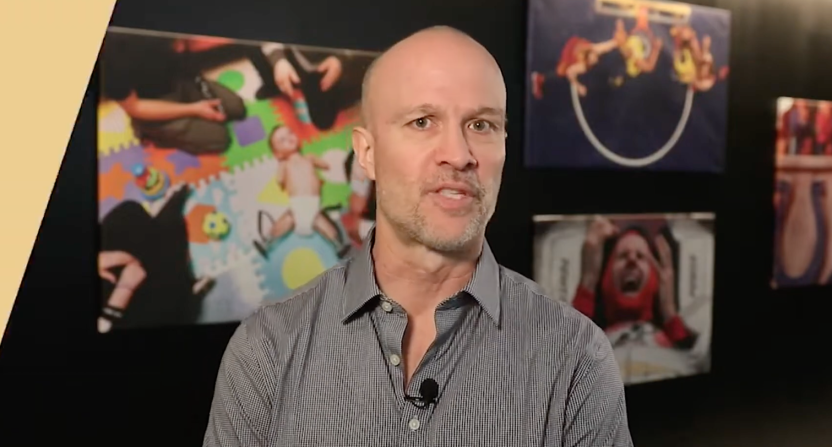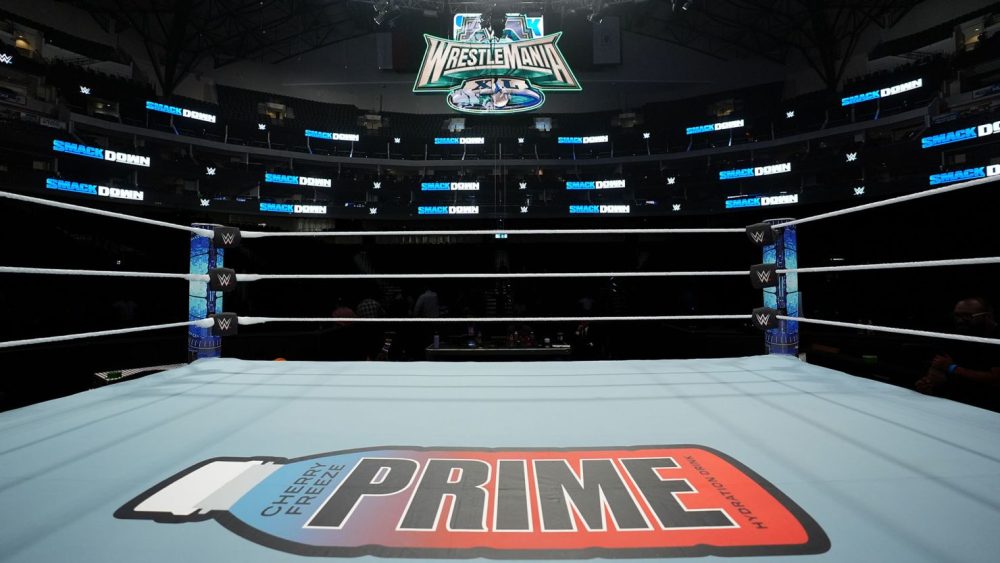
You know those insulting fantasy football trade offers you sometimes get that start off with some pitch about how the proposed deal is so great for you? That’s how I felt when I read this quote from an ESPN flack Tuesday in a Philadelphia Inquirer article on cable bundling:
“The report underscores what economic studies have said time and time again – that the cable package presents an undeniable value and the consumer would pay more and get less with a la carte.”
The comment from ESPN spokesperson Amy Phillips came in response to the release of a report on the future of the television industry by analyst Laura Martin of Needham & Co. L.L.C. in Boston. Martin’s analysis concluded that the pay-TV industry stands to lose billions of dollars if ESPN were unbundled from cable packages. The thinking goes that offering cable channels a la carte would have a three-fold effect. First, it would “raise” the subscription fee for ESPN from roughly $6 per month to $30. In turn, people who are paying the higher fee for ESPN would be less inclined to subscribe to other cable channels. With fewer subscribers, advertising revenue would shrink.
ESPN’s argument about the “undeniable value” of the cable package rests on the very faulty premise that because ESPN charges cable providers $6 per subscriber, everyone who subscribes to cable gets $6 in value from ESPN. That couldn’t be farther from reality.
These days, digital cable subscriptions offer literally hundreds of channels. However, given that we can only watch one thing at a time, consumers generally flip between a select number of channels.
When we send in our payments every month to Comcast or Time Warner or Verizon, we’re not really paying them for every channel we get. We’re paying them for the channels that we want to watch within that package.
So, what would happen to you, TV watcher, in an unbundled world? According to Martin’s calculations, ESPN would charge you $30 per month. On the other hand, unless you like movies about the dangers of online porn and learning to love again after being hurt one too many times, you wouldn’t be paying for the Lifetime Network.
Ultimately, this illustrates how ESPN is spinning this entire issue. The bottom line is that an a la carte television model would create a more efficient pricing mechanism for media content than the crude system we have now. The fact that a company like ESPN would use such a blatantly disingenuous argument in favor of the status quo shows just how strongly the pay-TV industry fears going a la carte.






Comments are closed.